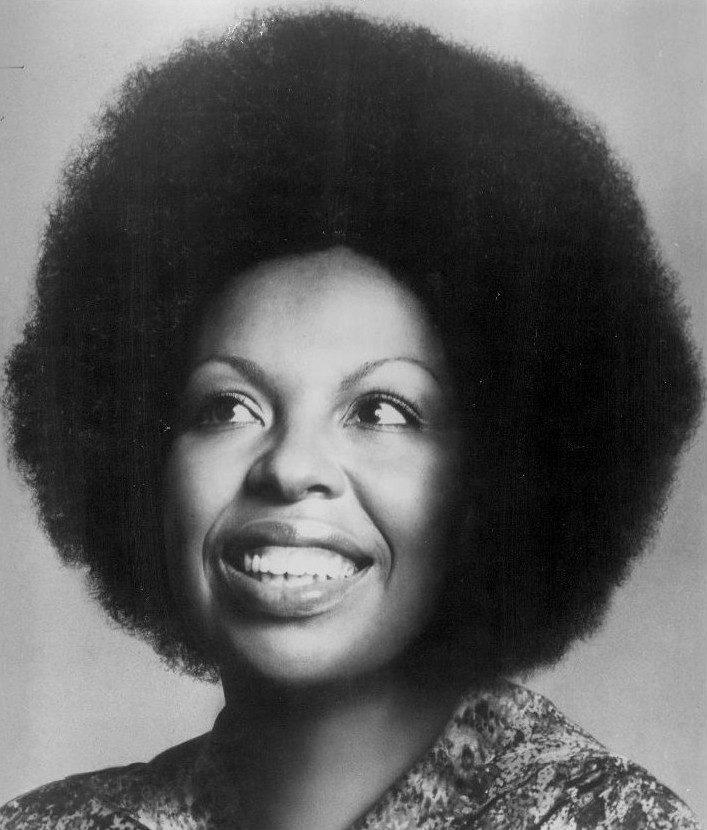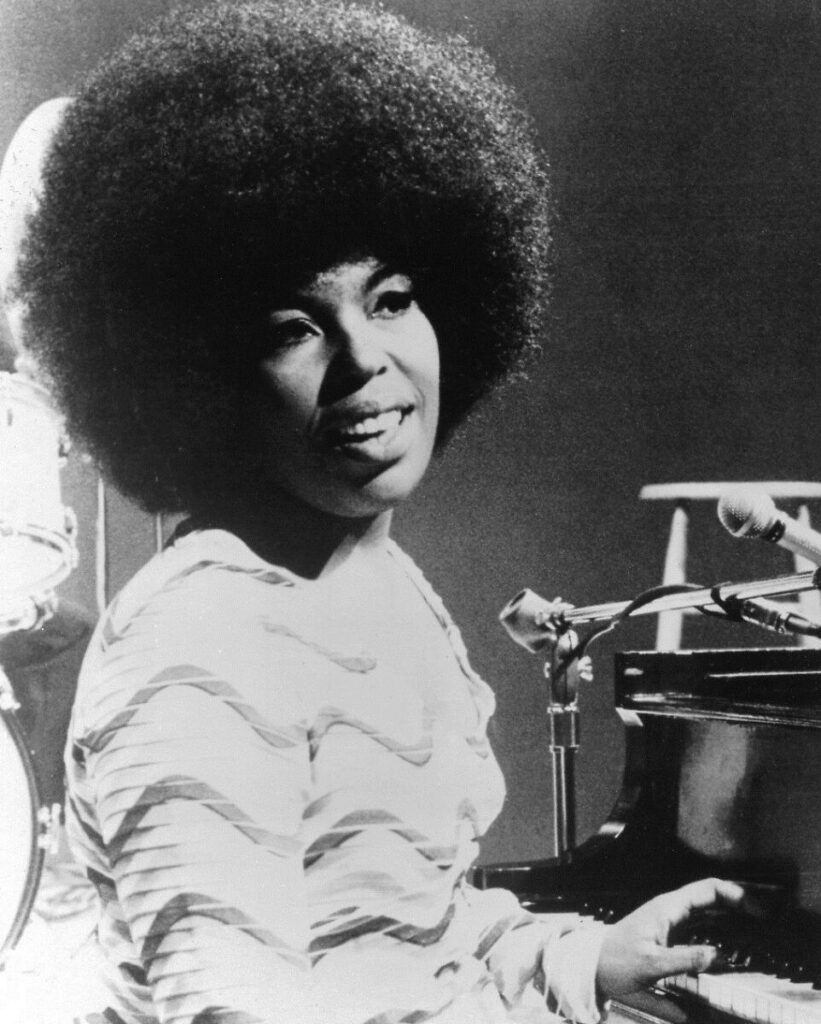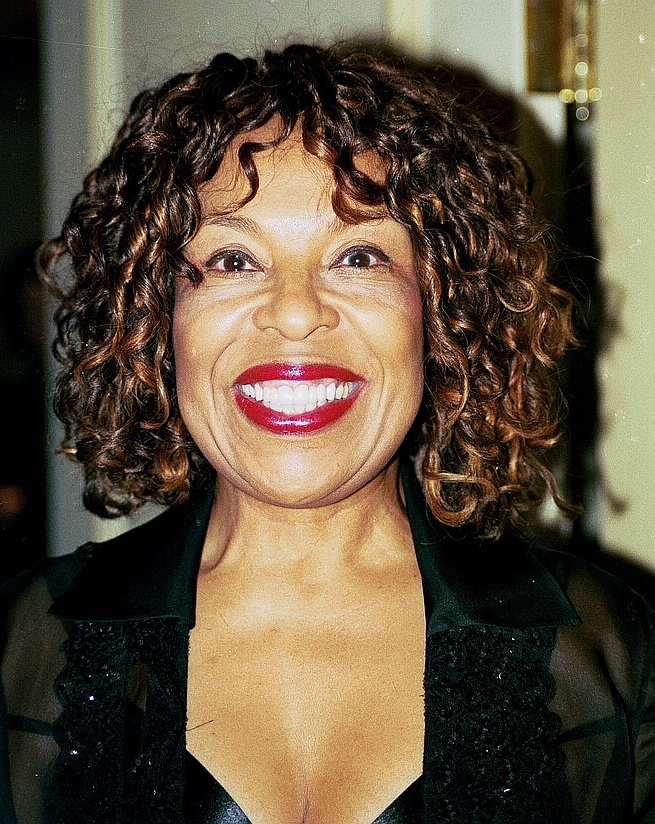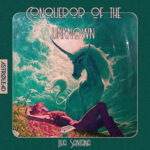

Roberta Flack: The Soulful Alchemist Who Bridged Generations of Sound
Roberta Flack, the luminous songstress whose voice wove threads of vulnerability, strength, and elegance into the tapestry of American music, passed away on February 24, 2025, at the age of 88. Her departure marks more than the loss of a singular artist; it closes a chapter in music history, one where the boundaries between genres dissolved under the weight of raw emotion and meticulous artistry.
Born on February 10, 1937, in Black Mountain, North Carolina, Flack’s first language was the piano. A prodigy nurtured by gospel roots and classical discipline, she earned a scholarship to Howard University at just 15—an early testament to her extraordinary gift. Yet, it wasn’t virtuosity alone that defined Roberta Flack. It was her ability to strip a song down to its marrow, to make melody and lyric feel less like performance and more like private confession.

Her breakout moment arrived quietly but profoundly. In 1972, Clint Eastwood, entranced by her interpretation of The First Time Ever I Saw Your Face, featured the track in his film Play Misty for Me. The song, an unhurried meditation on love’s disarming power, climbed the charts with the inevitability of the sunrise. It earned Flack her first Grammy for Record of the Year, an honor she’d claim again the following year with Killing Me Softly with His Song—a rare back-to-back triumph that positioned her not just as a hitmaker but as a cultural force.
Yet, to relegate Flack’s impact to her ballads would be to overlook her quiet revolution. In the late 1970s and early ’80s, as disco pulsed through the streets of New York and Chicago, Flack found herself intrigued—not by the glittering excess of the mainstream dance floors but by the genre’s undercurrent of liberation. She recognized something deeper in disco’s DNA: a spiritual kinship with the soul and gospel traditions she knew so well.
Her collaborations with Donny Hathaway, particularly You Are My Heaven, married lush orchestration with syncopated rhythms, prefiguring the soulful strain of house music that would later dominate underground clubs. Flack didn’t just ride the disco wave; she infused it with meaning. Where others delivered beats, she delivered feeling—an emotional core that resonated in the queer clubs and Black communities that nurtured the house movement. Tracks like Oasis in the mid-’80s further demonstrated her adaptability, layering her unmistakable voice over synth-driven grooves without sacrificing an ounce of sincerity.
House music pioneers like Frankie Knuckles and Larry Levan often spoke of Flack’s influence—not in the form of direct samples but in the ethos she championed: music as sanctuary, as communion, as truth. In the echoing basements of Chicago and the vibrant nights of Paradise Garage, Flack’s fingerprints were evident—not just in sound but in spirit.
Offstage, Roberta Flack was equally committed to transformation. She founded the Roberta Flack School of Music at the Hyde Leadership Charter School in the Bronx, ensuring that children who, like her younger self, found solace in sound had access to education and opportunity. Her activism was quiet but resolute, focused less on fanfare and more on results.

Roberta Flack’s 1988 single “Uh-Uh Ooh-Ooh Look Out (Here It Comes)” arrived with the polish of an artist unwilling to be left behind by changing tides. Released as part of her Oasis album, the track found Flack leaning into the sharper, synth-infused sound of late-’80s R&B, without surrendering the grace that defined her earlier work.
Written by Nickolas Ashford and Valerie Simpson, the song had a playful urgency. Flack didn’t belt the hook; she glided over it, her voice steady and knowing. It wasn’t just a lover’s warning—it was an artist marking her territory in a new era of Black music.
While the single reached No. 37 on the U.S. R&B chart, its real momentum came from the remix, which climbed to No. 1 on the Dance Club Play chart. This club success wasn’t incidental. At a time when house music was breaking out of underground scenes, Flack’s presence in that space reinforced the bridge between soul’s emotional core and dance music’s kinetic energy.
Looking back, “Uh-Uh Ooh-Ooh Look Out (Here It Comes)” reflected Flack’s instinct for reinvention. She didn’t follow trends blindly; she absorbed them, reshaping her sound without sacrificing her identity. The song wasn’t a detour—it was part of the same journey she’d been on from the start, always pushing forward, always staying true.
In her final years, Flack spoke often of legacy—not as something to be claimed but as something to be nurtured. “Music,” she once said, “should leave people better than it found them.” By that measure, her life was an unqualified success.
Roberta Flack leaves behind more than platinum records and awards. She leaves behind a blueprint for artistry without boundaries, for music that speaks across genres, generations, and identities. She taught us that tenderness could be radical, that elegance could be powerful, and that a song, delivered with honesty, could move mountains—or, just as importantly, hearts.
Her voice may have stilled, but her echo lingers—in every slowed-down remix, every soulful house track, every ballad that dares to be vulnerable. The lights have dimmed on one of music’s brightest souls, but the dance—her dance—goes on.
Rest in peace, Roberta.





